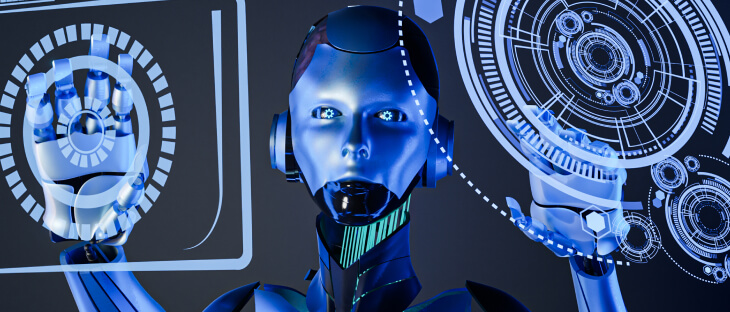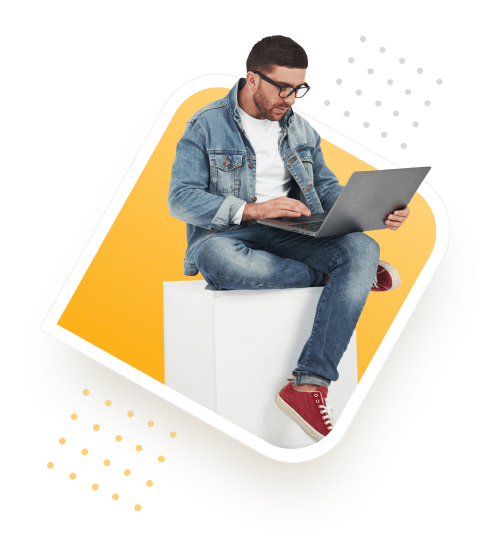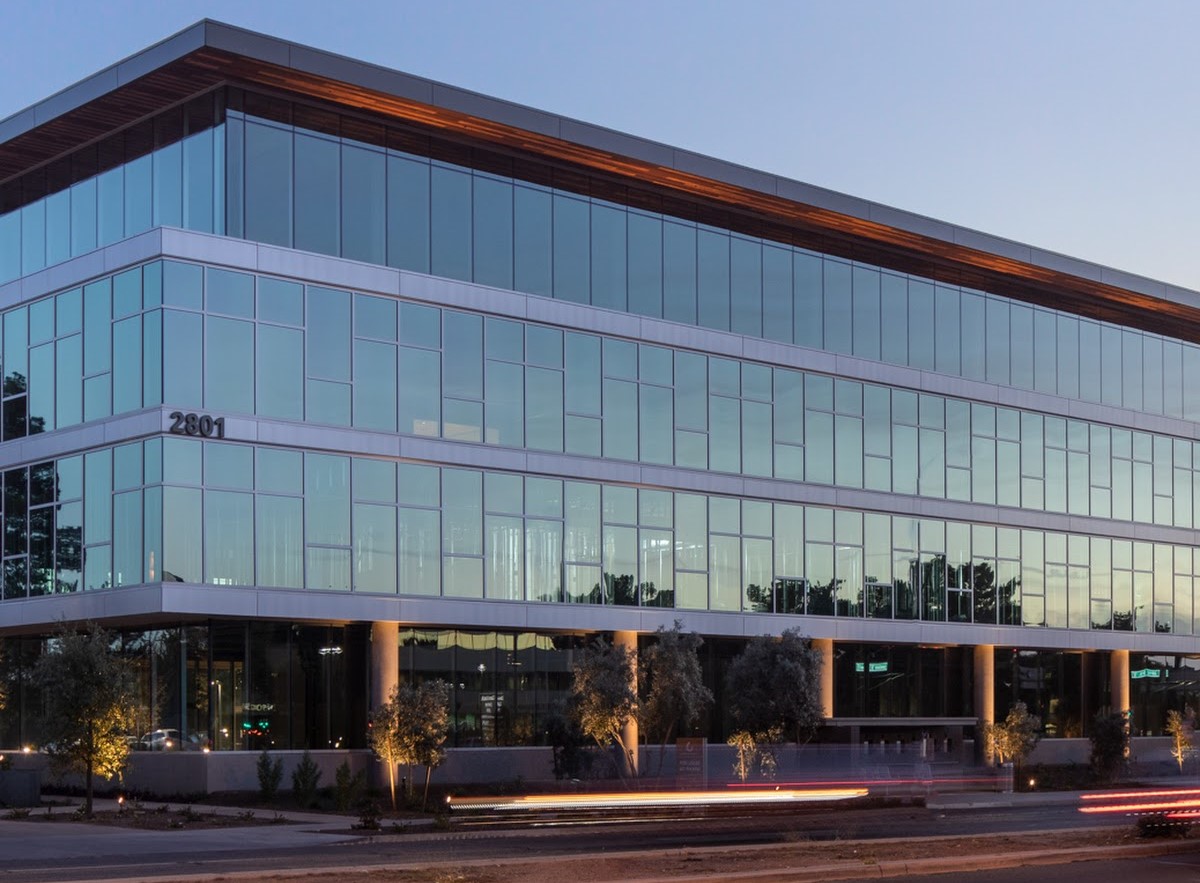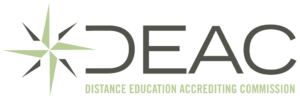A Groundbreaking Initiative in Bridging the Digital Divide
The ‘Million Coders’ initiative by Acacia University Professional Development Programs (AUPD) aims to empower a million young people in 25 countries with essential AI skills and helps them learn to code, upskill coding, and re-skill for employment in the future. It provides a global platform to showcase the participants’ proficiency in coding by encouraging them to turn their ideas into technological projects and engaging them in building a prosperous future.

Yesterday’s science fiction swiftly becomes fact. Artificial Intelligence (AI) has changed how we communicate and think about the world around us and is already altering the world and raising important questions for society, the economy, and governance. Today, AI’s role is indispensable in almost every industry, whether healthcare, education, business or manufacturing. AI statistics in business and technology industries are evolving.
The ongoing digitisation of the global economy has generated a nearly limitless demand for AI skills. Despite the surge in demand for talent in AI technology, companies struggle to find qualified applicants.
The AI industry, which includes software, hardware, and services, is estimated to expand 19.6% year over year in 2022, with revenues reaching $432.8 billion. By 2023, this sum is estimated to surpass $500 billion, according to reports.
It’s time to take some proactive efforts to narrow the skills gap.

- Acacia University Professional Development Programs created the ‘Million Coders’ initiative to equip a million young people with the skills needed to succeed in the 21st century.
- The initiative recognizes the significance of technology in the global economy and aims to provide young people with the skills that are in demand by employers.
- By providing access to these skills, the program aims to break down barriers to employment and provide opportunities for young people to succeed in the workforce.
- Industry experts teach the course using a project-based learning model to provide learners with hands-on programming experience.
- The participants can turn their ideas into technological projects and engage in building a prosperous future.
- The best programmers will be selected and rewarded with financial prizes.
- Special scholarships for selected students to learn about cutting-edge scientific programming.
- Participants and their institutions will be facilitated with a certificate from AUPD.
- Our society and daily lives have already adopted AI and ML technologies. In future, the capabilities of these technologies are expected to advance and become more integrated with our daily lives, opening the door for fascinating developments in society at large.
- To make this happen, though, we need a generation that is familiar with the complexity and workings of AI and machine learning. Through project-based learning (PBL), young people can learn about these technologies in an accessible and practical way.
- Project-based learning makes lessons intuitive and inclusive so that all students—not just those more inclined to naturally engage with science subjects—feel able to engage with the subject.
- This project-based approach provides key curriculum-based science learning while nurturing important development skills such as critical thinking, leadership, communication, teamwork and reflection.
At the end of 2021, there were 26.8 million active software developers worldwide, according to the 20th edition of the State of the Developer Nation study. By 2030, experts expect that there will be 45 million developers worldwide. These extremely impressive numbers demonstrate how high and rising the global demand for IT specialists.




Source: Indeed






